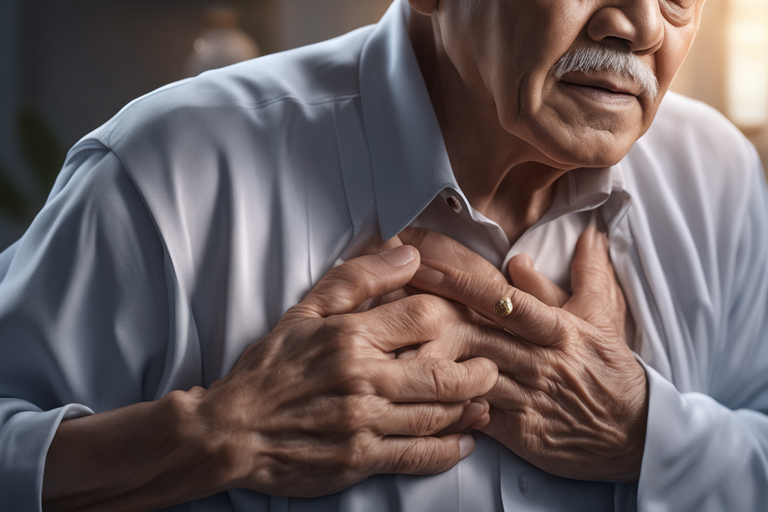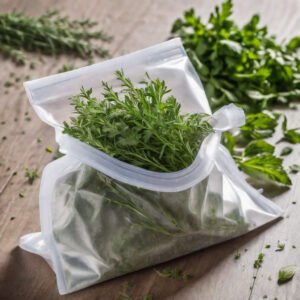Winter’s chill can be more than just uncomfortable; it can also lead to chest pain and respiratory discomfort, especially for the elderly, those passionate about cold weather activities, and health-conscious individuals. But fret not, as there are practical steps you can take to mitigate these effects and enjoy the winter season without the worry. Here are some key remedies and tips for relieving chest pain due to cold weather.
1. Stay Warm
It might seem obvious, but wearing the right clothing is your first line of defense against the cold. Layer up with thermal wear, don’t forget a hat, gloves, and a scarf to cover your chest and neck area thoroughly.
2. Avoid Exposure
Try to limit your time outdoors during particularly cold, windy, or damp days. If you need to go outside, make sure to dress warmly and protect yourself from the elements.
3. Stay Hydrated
Consuming warm liquids such as herbal teas or warm water with honey can keep you hydrated while helping maintain your body’s warmth. Hydration is crucial for keeping mucous membranes moist, which can help fend off irritation caused by dry air.
4. Use a Humidifier
The air inside your home can become very dry in winter due to heating. Using a humidifier adds moisture to the air, which can help prevent and relieve chest pain and discomfort.
5. Use a Heating Pad or Warm Compress
Applying mild heat to your chest can help soothe muscle tension and pain. Ensure the temperature is comfortable and never too hot to prevent burns.
6. Practice Deep Breathing Exercises
Deep breathing can improve lung capacity and alleviate chest pain. Try breathing exercises where you inhale slowly through your nose, hold for a few seconds, and then exhale slowly through your mouth.
7. Take Over-the-Counter Pain Medication
If the pain is troublesome, consider using pain relief medication such as ibuprofen or acetaminophen, following the recommended dosages. Always consult a healthcare professional if unsure.
8. Maintain Good Posture
Poor posture can exacerbate chest pain. Be conscious of maintaining a good posture, especially when sitting for long periods, to ease the pressure on your chest and improve breathing.
9. Avoid Smoking and Secondhand Smoke
Tobacco smoke can worsen respiratory symptoms and should be avoided. If you’re a smoker, this might be the right time to consider quitting.
10. Seek Medical Attention if Necessary
If your chest pain persists, worsens, or comes with other symptoms like shortness of breath, dizziness, or nausea, it’s important to seek medical attention. Chest pain can sometimes indicate more severe health issues.

Protecting Your Lungs During Cold Weather Workouts
For those of you who love outdoor winter activities or refuse to skip an outdoor workout, protecting your lungs from cold air is essential. Covering your nose and mouth with a scarf can help warm and moisten the air before it enters your lungs. Try to breathe through your nose rather than your mouth, as nasal passages are better at warming air.
Remember, chest pain due to cold weather is manageable, and following these tips can help you enjoy the winter season more comfortably. Always listen to your body and consult with healthcare professionals for personalized advice and treatment options. Stay warm and stay healthy!





















+ There are no comments
Add yours